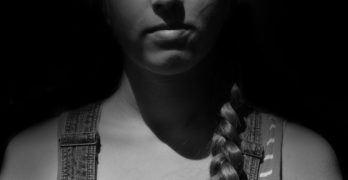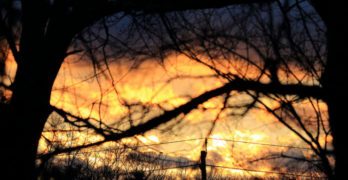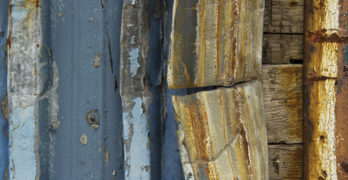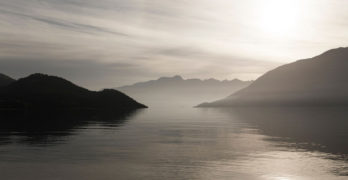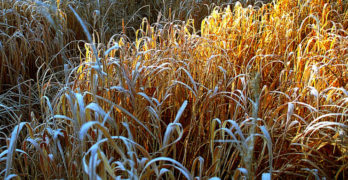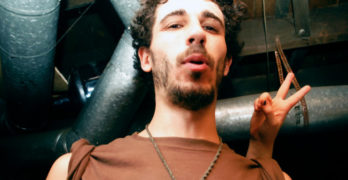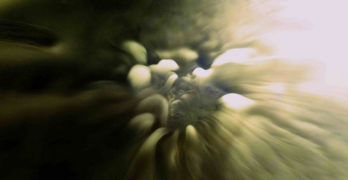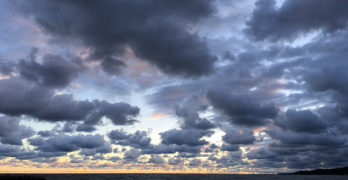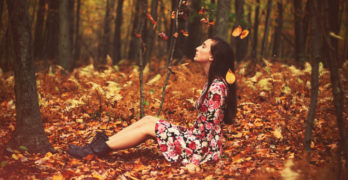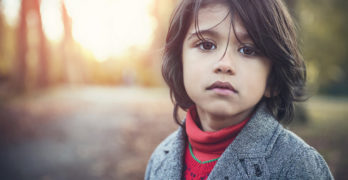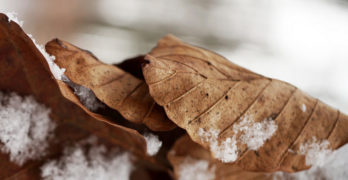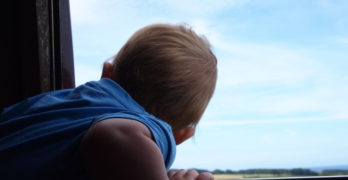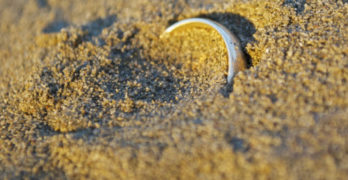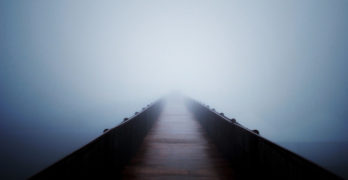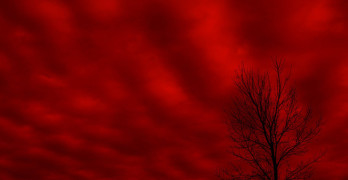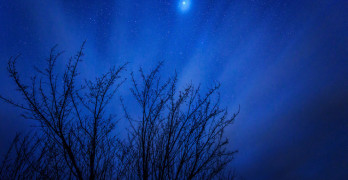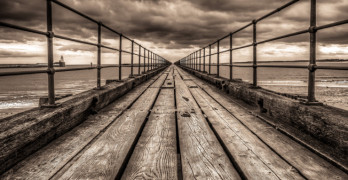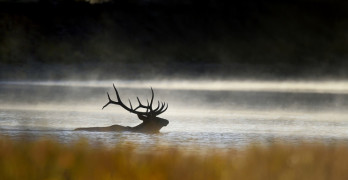“Say Something Back” by British poet Denise Riley considers the ways we do and don’t communicate, almost a plea to listen and hear each other.
Poetry and World War I: It Wasn’t Only England
“Everything to Nothing” by Geert Buelens provides a fascinating look into the breadth and depth of the role poetry played in World War I.
Poets and Poems: Dave Malone and “You Know the Ones”
Dave Malone may write about his beloved Missouri Ozarks, but the poems he writes are universal, and about family, friends, and geography.
Art and Poetry: “A Wider Landscape” by Donald Wilkinson
The paintings of artist Donald Wilkinson evoke the landscape and poetry of William Wordsworth, so much so that landscape and poetry become one.
Poets and Poems: Bernard O’Donoghue and “The Seasons of Cullen Church”
“The Seasons of Cullen Church” by Bernard O’Donoghue is moving and soul-searching, an exploration of the memories that make a life.
Poets and Poems: Kate Tempest and “Let Them Eat Chaos”
“Let Them Eat Chaos” by Kate Tempest is a long poem written to be read aloud, and it blows up the boundaries between poetry and performance.
“Guilty Thing: A Life of Thomas De Quincey” by Frances Wilson
“Guilty Thing: The Life of Thomas De Quincey” by Frances Wilson details the life of the writer who had, and still has, a major influence on literature.
“Mariner: A Voyage with Samuel Taylor Coleridge” by Malcolm Guite
In “Mariner: A Voyage with Samuel Taylor Coleridge,” Malcolm Guite tells the story of the poet’s life through the words and themes of his most famous poem.
Poets and Poems: Angela Alaimo O’Donnell and “Still Pilgrim”
“Still Pilgrim” by poet Angela Alaimo O’Donnell tells us that both the major events of our lives and the everyday are but steps in a pilgrimage.
“David Copperfield”: Why Charles Dickens Has Endured
“Pickwick Papers” explains why Charles Dickens first became popular, but “David Copperfield” demonstrates why Dickens has endured.
Poets and Poems: John Sibley Williams and “Disinheritance”
“Disinheritance” by John Sibley Williams is a beautiful, moving collection of poems dealing with grief, both real and imagined.
Poets and Poems: Matt Duggan and “Dystopia 38.10”
In “Dystopia 38.10, ” poet Matthew Duggan takes the post-apocalyptic idea of dystopia and vividly applies it to contemporary society.
A Window into Poetry and Change with Jane Hirshfield
In times of great change – political, social, economic – we turn to poetry to make sense of what seems nonsensical, to comfort, to explain, says poet Jane Hirshfield.
Forward Prize: “Measures of Expatriation” by Vahni Capildeo
Forward Prize winner Vahni Capildeo and her “Measures of Expatriation” challenge our notions of what a poetry collection is and can be.
Don Paterson: Poet of Light and Dark in Life and in Ourselves
Don Paterson is an important voice in British poetry and letters. He writes of both the light and the dark in life and in ourselves.
Poets and Poems: Frank Stanford and “The Light the Dead See”
Frank Stanford (1948-1978) embodied William Wordsworth’s “The Child is father of the Man” in both his life and his poetry.
More than a Broken Hallelujah: Leonard Cohen
Songwriter Leonard Cohen is also a poet, and in “Songs and Poems, ” he mixes song lyrics with poetry, suggesting there’s little difference.
Reading ‘Spoon River Anthology’ for the Third Time
“Spoon River Anthology” is one of the great works of American literature, and reading it a third time yields new insights.
British Poetry, British Poets, and Brexit
Can you imagine NBC or Fox holding a vote on America’s favorite poets? The British, however, take their poetry seriously and news coverage of Brexit is no exception.
Canada’s 2016 Griffin Prize: Norman Dubie and Liz Howard
Canada’s 2016 Griffin Prize was awarded to Norman Dubie for “The Quotations of Bone” and Liz Howard for “Infinite Citizen of the Shaking Tent.”
